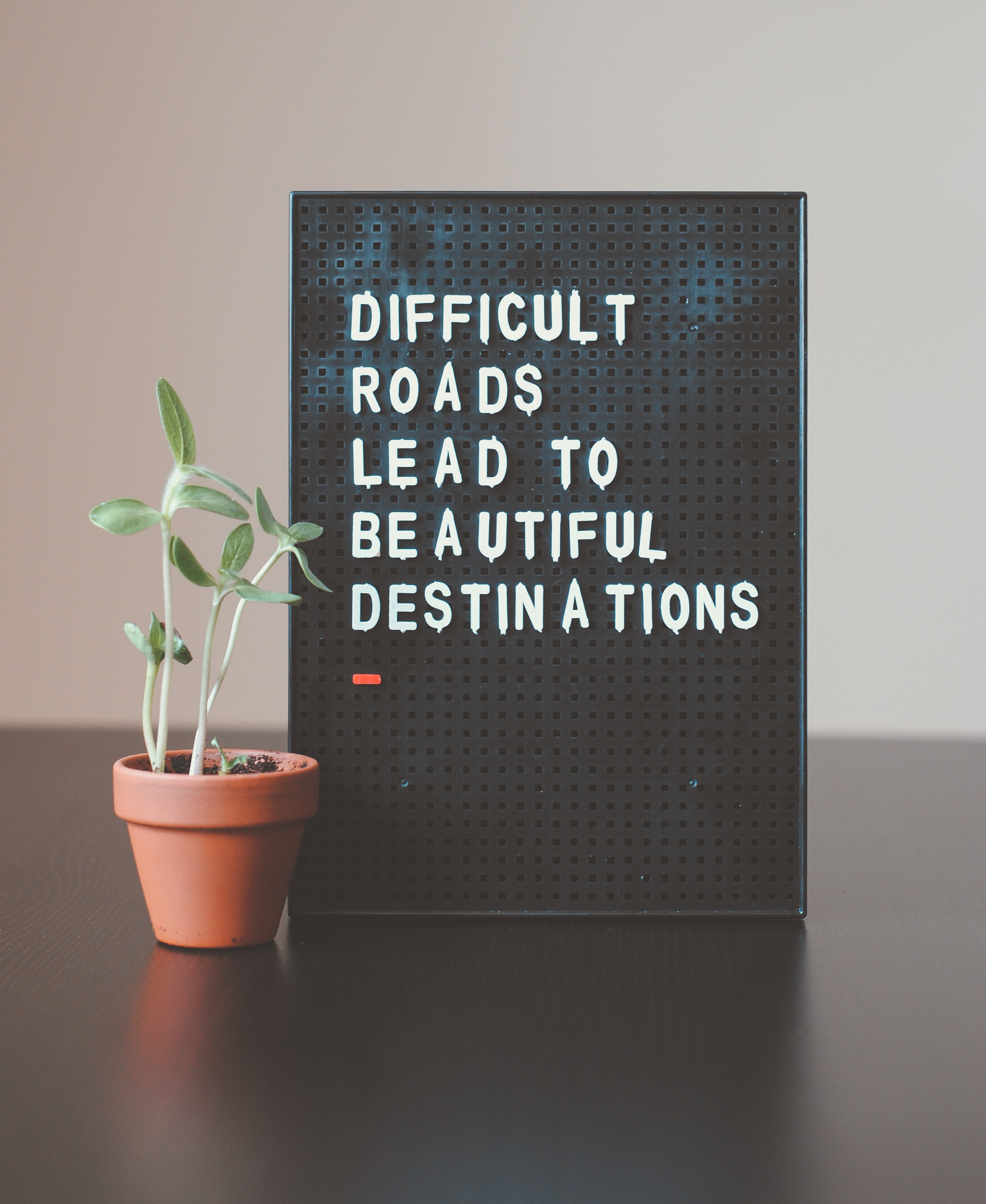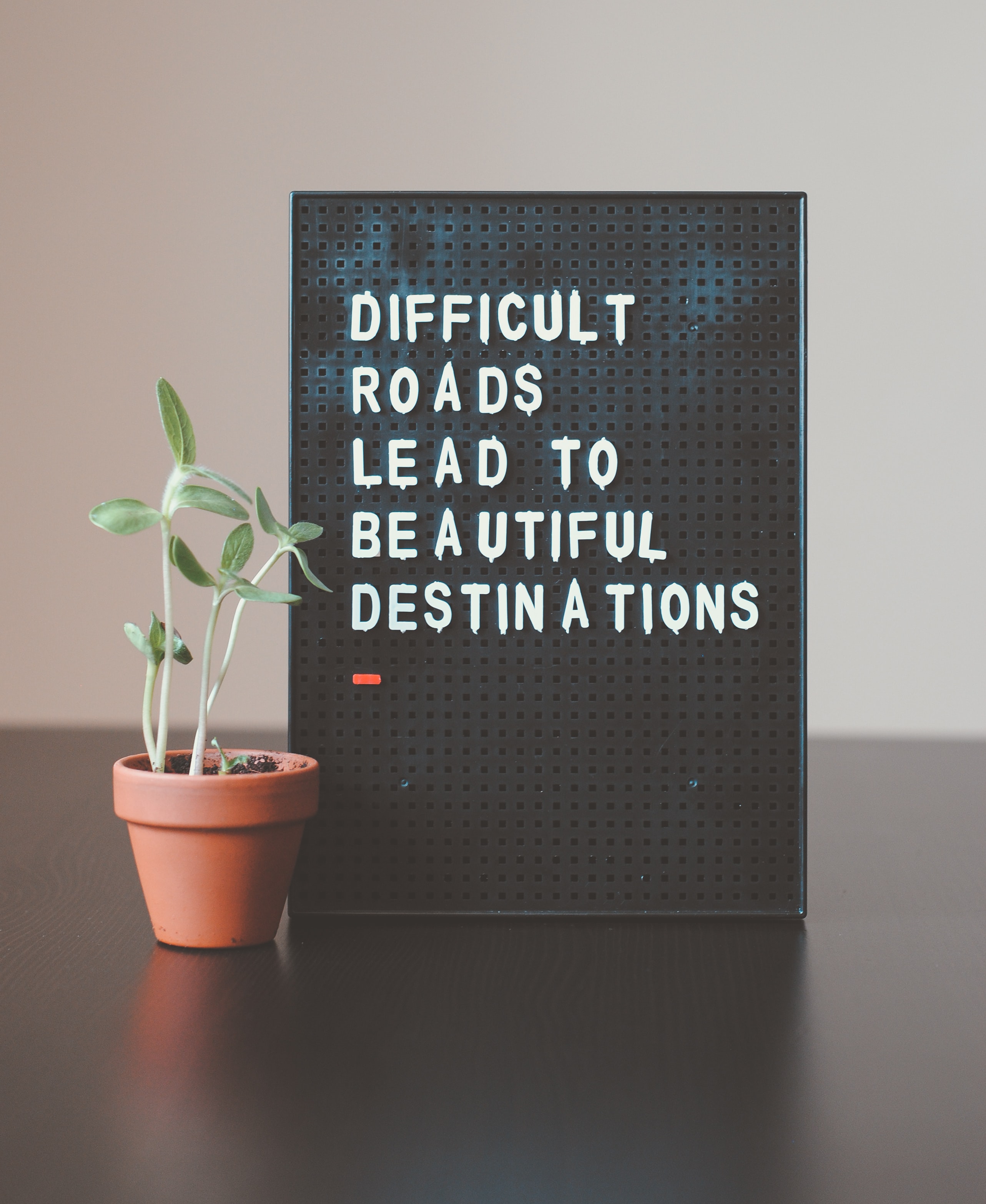
I was in sixth grade when anxiety triggered constant worry and cyclical, intrusive thoughts that my young, underdeveloped brain couldn’t make sense of, and a teenager when depression settled over me like mud. Both ailments stayed with me on and off throughout young adulthood and into college. There were long stretches of good days and contentment but if any sort of loneliness or sadness crept in, I would immediately try to fill the hole with hangouts with friends or long hours of rabbit-hole surfing celebrity gossip LiveJournals friends weren’t around.
There was a constant fear lurking in the back of my mind that at any minute the ball and chain of depression would saddle itself to me. I wasn’t yet at a place where I could separate my depression and anxiety from occasional sadness and stress. I had read that, once diagnosed with Generalized Anxiety Disorder and Major Depressive Disorder, the pair never truly leave you, and like most exes, are likely to pop up in the most inconvenient places. So, instead of being at peace with what could happen, I was in fear that it would happen.
And happen it did, just when I was in a pivotal moment in my life. About to graduate with my master’s in education and transition from student teaching to, hopefully, an actual teaching job, I spent the majority of that December a zombie lurching from place to place, faking smiles at Christmas gatherings while only wanting the comfort of bed and to wallow in my feeling of hopelessness. But eventually, with the help of my family and my husband, who at the time was my boyfriend and a first-time witness to a major depressive episode, I got through it and emerged from the deep, dark cave that was my mind. With therapy and a return to my familiar friend, Zoloft, I started to realize that I wasn’t my illness and couldn’t live in fear that it could return.
Instead I became more open with friends, family, coworkers, students, and readers of my fledgling blog that anxiety and depression is something I manage and something that eventually passes. Sure, there was still some underlying worry that the invisibility cloak of depression would return—I mean, I have an anxiety disorder after all. That fear was in the front of my mind when I got pregnant with our son and worried that I was doomed to experience intense postpartum depression. When I was much younger, I assumed that if someone like me, someone with a history of depression, had a baby that had to mean that I would be just like Andrea Yates. As I got older, I knew that fear wasn’t exactly the most rational, but, admittedly, it fluttered across my mind a few times.
And I did experience a mild to moderate depression once he was born, but it didn’t keep me under the covers in fear that I would drown my child in a bathtub or leaving the house like I thought. And just like most things, it passed. What I mostly experienced were newer stressors—being stuck in traffic with my son in the car, feeling insecure at my job after maternity leave, and wariness of crowds. Once again, I returned to therapy and Zoloft and was finally able to cut myself some slack for having to repeat these patterns.
My son is almost three and within the past six months at therapy, I was told by my therapist, “it sounds like you’re working on your wellness.” This was new to me. I always felt like the purpose of therapy for me was to work through a depression or anxiety, not to just work on continue to have mental wellness. But that simple phrase shifted my thinking. “Yeah, I guess so,” I replied.
I have since lapsed in therapy again, but plan on returning soon to continue my wellness journey. Recently I had a day where I felt off. After a few hours, I realized that the feeling of off-ness was sadness, but it dawned on me that I didn’t feel fear that a depressive episode was looming around the corner. Instead, I just thought to myself, “Stop listening to Taylor Swift’s folklore, go outside, and this will pass. It’s just a sad day.” This seems small and insignificant to some, but to me, it was a small revelation. My mental illness, although it is something that will always be a part of me, was able to transform into mental wellness.


